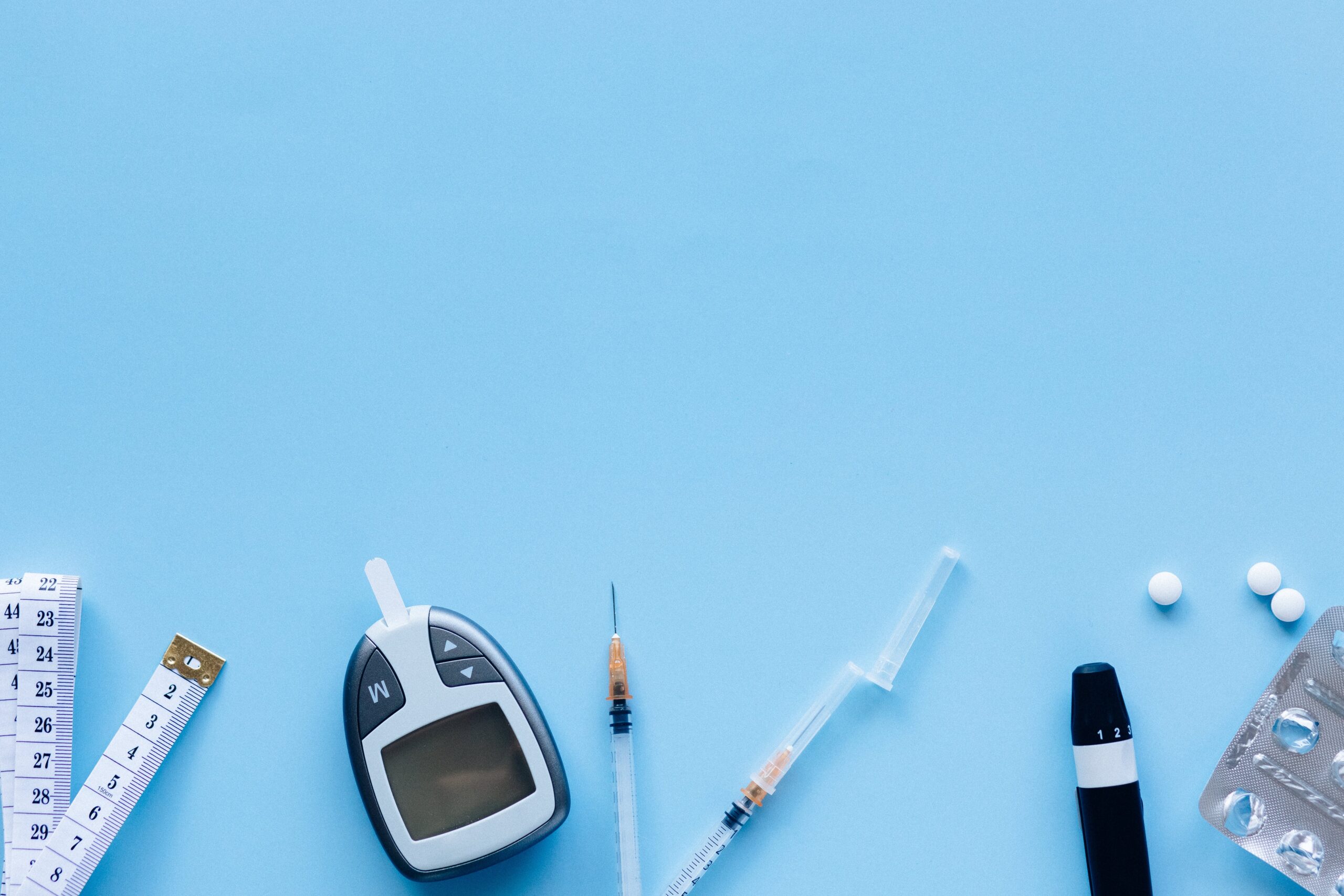Insulin, a pancreatic hormone, is essential for regulating blood sugar levels. Its discovery in 1921 transformed diabetes management by delivering a life-saving medication for people who have low insulin production or poor usage.Let’s go over the role of insulin in the human body step by step.
1: Blood Sugar Regulation: When we ingest foods high in carbs, our digestive system converts these components into glucose, a form of sugar. This glucose enters the bloodstream, leading to an increase in blood sugar levels. Elevated blood sugar levels can be hazardous, so the body uses insulin to reduce them.
2: The Pancreatic Orchestra: Imagine the pancreas as a little orchestra conductor. It constantly monitors blood glucose levels. When the pancreas detects an increase, such as after a meal, beta cells release insulin into the bloodstream.
3: Insulin as the Key: Imagine your body’s cells as buildings that require energy to function. Glucose is the fuel, but insulin is required to unlock and enter the cells. Insulin is effectively the key that unlocks these doors, allowing glucose to pass from the bloodstream to the cells, where it may be used for energy.
4: Cellular Energy Supply: Cells rely on glucose as their primary energy source. Consider it the gasoline that drives your cells’ regular activity. Insulin ensures that this fuel is distributed to the correct locations, supplying the energy required for cells to fulfill their jobs.
5: Storage of Excess Glucose: After a large meal, there may be more glucose than the cells require right away. Insulin aids in this process by instructing the liver to convert excess glucose into glycogen, a stored form of glucose. This glycogen acts as a reserve energy source that can be used when blood sugar levels decrease between meals.
6: Challenges in Diabetes – Type 1: In type 1 diabetes, the immune system incorrectly assaults and destroys beta cells in the pancreas, resulting in insufficient insulin production. The lack of insulin causes excessive blood sugar levels and a lack of energy for the cells.
7: Challenges in Diabetes – Type 2: Type 2 diabetes occurs when cells resist insulin, hindering glucose uptake. Despite enough insulin secretion, insufficient cell responsiveness results in high blood sugar. Over time, rising demand depletes the pancreas, resulting in insulin insufficiency.
8: Importance of Lifestyle: A healthy lifestyle is essential for maintaining adequate insulin function. Regular exercise increases cell reactivity and promotes glucose uptake. A well-balanced diet rich in nutritious foods and low in sugar helps to regulate blood sugar and reduce insulin stress.
Conclusion: Insulin maintains the equilibrium between blood sugar and energy metabolism. It not only manages glucose, but also enables optimal energy consumption and storage. A healthy lifestyle is critical for maintaining normal insulin function and preventing problems.

